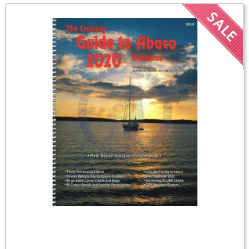For an
industry like maritime, which highly values capacity and efficiency,
information technology is a great innovation. Construction and design of ships
now involve composite materials and complex marine software to operate and run
smoothly. Here is how marine software have made maritime industry functioning
smooth:
- Advanced Navigation
Gone are
days when ships used to rely on paper maps and an old compass. Marine
navigation in the information age involves satellite communication, radar,
radio, GPS, and digital maps. The variety of marine software allows
ships to find the safest and fastest route even during undesirable weather
conditions.
- Easy communication in open waters
Maritime
workers need a way to quickly communicate not only with each other on the
vessel but with those on other ships and with people on land. Local networks
and internet access are essential to managing work. With advanced information
technology ensures systems don’t face connectivity issues. A virtual private
network (VPN) keeps sensitive maritime information away from cyber-attacks. It
has become possible for system administrators to easily detect unusual user
behavior through specialized marine software.
- Improved Safety
Perhaps one
of the most disastrous things that can occur in the maritime industry is when
ships accidentally hit and sink one another. Better communication systems can
prevent this. Marine software and information systems protect the maritime
industry against pirates and hijackers. Ships can use these to immediately
change routes that can lead to undesirable situations. These digital systems
are efficient to forecast bad weather or any time beneath.
The advent
of advanced marine software have surely made traveling over water safer and
efficient.




No comments:
Post a Comment